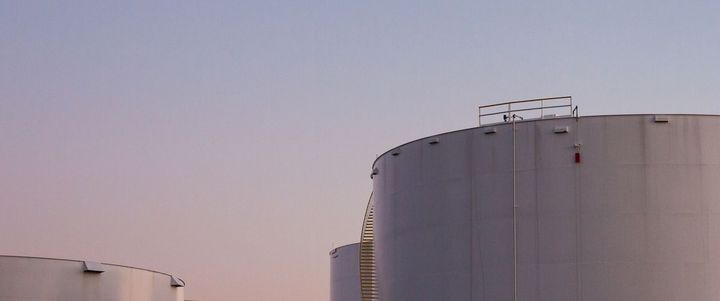Certification saves energy costs
Certain tools are available to energy-intensive manufacturing companies in order to reduce costs. One possibility is certification of the energy management system by an independent body such as TÜV NORD CERT.
Standard ISO 50001 supports organizations in developing systems and processes for improvement of their energy efficiency. Certification according to the standard demonstrates that the necessary requirements are fulfilled.
Since as early as 2009, manufacturing companies have had to demonstrate the presence a certified energy management system if they apply to BAFA for limitation of the electricity surcharge imposed by the German Renewable Energies Act (EEG). From 2013, the EEG will require proof that certification of the energy management system has been undertaken in accordance with the European Eco-Management and Audit Scheme (EMAS) or EN 16001(please note: the certification must have taken place in the previous business year of the organization). As a further step, the international standard for energy management systems (ISO 50001) was published in June 2011. Furthermore, as from 2013, the Energy Concept of the Federal Government will introduce certain tax reliefs for manufacturing companies who implement an energy management system, perform certified recording of energy use within an energy management system, or take other measures of equal value.
Industrial sectors affected
- Aluminium
- Paper
- Glass
- Ceramics
- Cement, lime and plaster
- Metal production and metalworking
- Chemical reduction
The route to the certificate
Among others, the following requirements have to be met for certification according to ISO 50001:
- Definition of the scope of the energy management system
- Formulation of the energy policy and communication to the workforce
- Naming of those responsible for energy within the company and of energy representatives
- Establishment and evaluation of energy aspects
- Determination of characteristic figures
- Determination and monitoring of energy consumers
- Evaluation of current energy consumption
- Determination, optimisation and documentation of energy-relevant processes
- Performance of energy audits and management reviews
- Identification of energy-saving potentials
- Continual improvement of energy performance
At the start of the process, the TÜV NORD CERT audit team establishes the certifiability of the company (Stage 1 Audit). The certification audit (Stage 2 Audit) then follows in order to assess the conformity of the energy management system with the requirements of ISO 50001. This Stage 2 audit includes documentation review, meetings with employees and evaluation of the company processes.
The benefits to you:
- Possible tax reliefs
- Identification of possible savings potentials
- Lower energy costs
- Reduced CO2 emissions
- Improved sustainability (resource efficiency)
- Image enhancement and greater market opportunities



